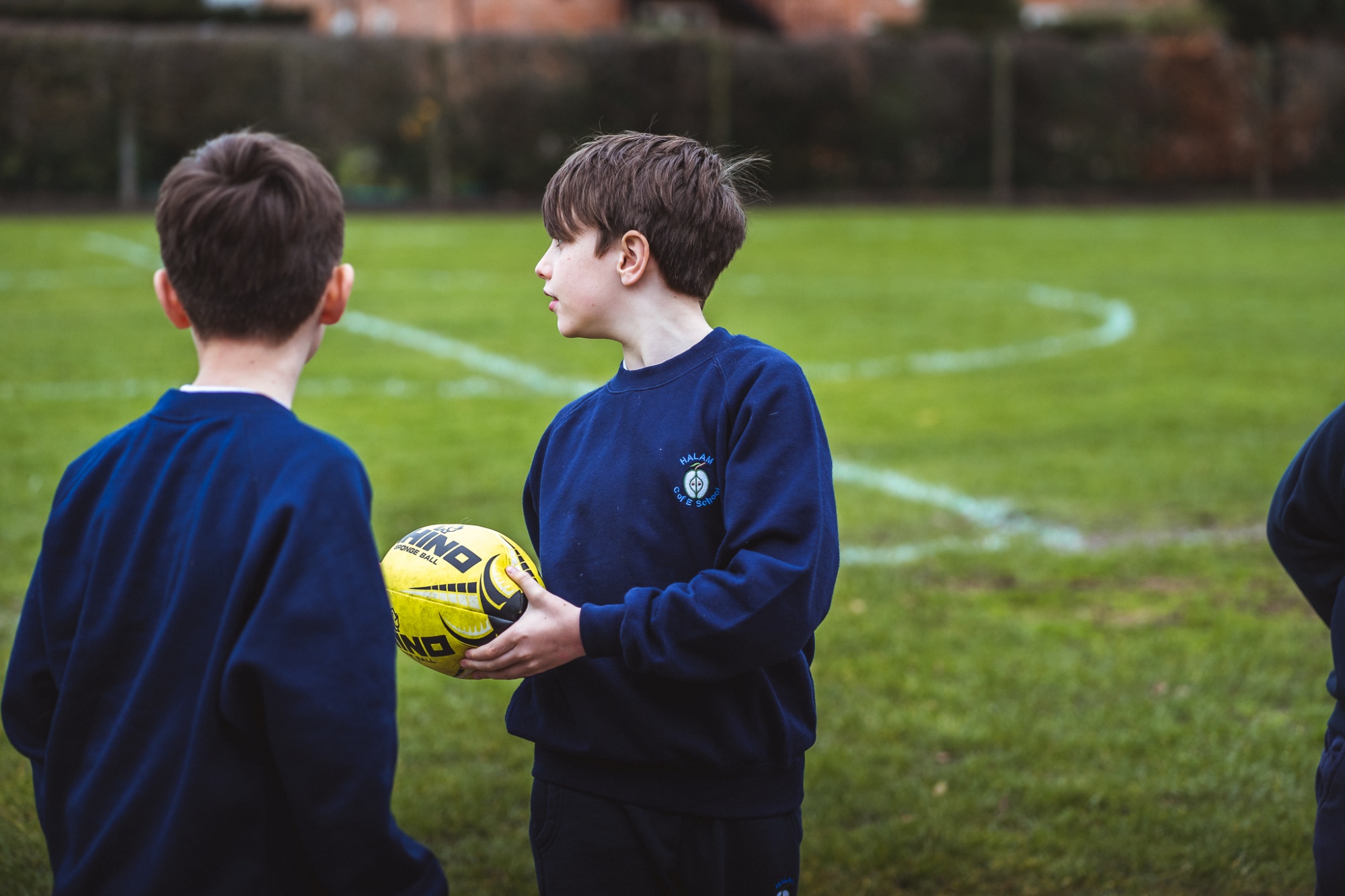PE
Intent
At Halam C of E School, Physical Education is experienced in a safe and supportive environment and is a unique and vital contributor to a pupil’s physical development and well-being. It educates children about the use of the body and its movement and how to maintain this through being active and healthy living. Motor and sensory development underpins all learning and therefore physical education supports and enhances other areas of the curriculum.
Physical education develops pupils’ physical competence and confidence. It provides opportunities for pupils to be creative, competitive and to face up to challenges as individuals, groups and teams. It promotes positive attitudes towards active and healthy lifestyles now and in later life. In physical education lessons, pupils learn to plan, perform and evaluate actions, ideas and performances to improve their quality and effectiveness. We follow the Next Level Sports providers plans, which have been developed to ensure continuity and skill progression across the National Curriculum. We highly value the importance of PE and every child receives 2 hours of teaching and activity every week, delivered either by a Next Level coach or the class teacher.
Implementation
Teaching of PE in the Foundation Stage:
Within the Early Years Foundation Stage, children are mostly taught through games and play. Activities and experiences for pupils are based on the seven areas of learning and development: · communication and language · physical development · personal, social and emotional development · literacy · mathematics · understanding the world · expressive arts and design Foundation Stage PE is part of the national curriculum’s learning objectives for developing the pupils’ physical development. Physical development in EFYS involves providing opportunities for young children to be active and interactive; and to develop their co-ordination, control, and movement.
Children also understand the importance of physical activity, and to make healthy choices in relation to food. This is done through continuous provision involving indoor and outdoor learning. As well as physical development, the provision of PE in EYFS also compliments other areas of learning and development such as understanding the world, communication and language and personal, social and emotional development.
In Key stage 1 PE:
pupils are taught to acquire and develop new skills by exploring basic PE skills, actions and ideas with increasing understanding. Pupils should remember and repeat simple physical skills and actions with increasing control and co-ordination. Pupils are taught to explore how to choose and apply skills and actions in sequence and to vary the way they perform skills by using simple tactics and movement phrases. They should also start to apply rules and conventions for different activities. Pupils are taught to describe what they have done, to observe, describe and copy what others have done. They are shown how to use what they have learnt to improve the quality and control of their work. Pupils are taught how important it is to be active and to recognise and describe how their bodies feel during different activities.
In Key Stage 2 PE;
pupils are taught to consolidate their existing PE skills and gain new ones. They are encouraged to perform actions and skills with more consistent control and quality. Pupils are also taught to plan, use and adapt strategies, tactics and compositional ideas for individual, pair, small group and small team activities. They are shown how to develop and use their knowledge of the principles behind these strategies to improve their effectiveness. Pupils should also be able to apply rules and conventions for different physical activities. In order to evaluate and improve performance in PE, pupils are taught to identify what makes a performance effective and suggest improvements based on this information. It is also important for pupils to know and understand the role of fitness and health. Pupils are taught how exercise affects the body in the short term. They are shown how to warm up and prepare appropriately for different activities and should understand why physical activity is good for their health and well-being. Pupils are also taught why wearing appropriate clothing and being hygienic is good for their health and safety.
Impact
Children develop a clear knowledge of all aspects of the PE National Curriculum. They understand why it is important to lead healthy active lives and learn the skills to do so. They learn to communicate and collaborate with each other effectively, and to work in a team. They understand the need for practice in order to build excellence and to learn the importance of resilience and perseverance in mastering a new skill.
They have experience of playing a range of competitive games and be able to demonstrate these skills in inter house events. They learn to self-assess in order to improve their performance and demonstrate their personal best.
Next Level sports coaches and teachers will assess PE throughout each topic of work and use assessment to inform planning, which is specific the children’s emerging needs in order to ensure all children receive high quality teaching. Final end of year assessments are made using assessment criteria that has been developed in line with the national curriculum and our computing progression of skills framework therefore identifying the level in which the child is working. Age related expectation levels are reported to parents at the end of each academic year.

